Interview with Gail Graham, Author of Sea Changes
 Gail Graham’s previous novel, Crossfire, won the Buxtehude Bulle, a prestigious German literary award. Crossfire has been translated into German, French, Danish, Finnish and Swedish. Three of Gail’s other books were NY Times Book of the Year recommendations. Gail lived in Australia for 32 years, where she owned and operated a community newspaper and published several other books, including A Cool Wind Blowing (a biography of Mao Zedong) Staying Alive and A Long Season in Hell. She returned to the United States in 2002, and now lives in Tucson, Arizona.
Gail Graham’s previous novel, Crossfire, won the Buxtehude Bulle, a prestigious German literary award. Crossfire has been translated into German, French, Danish, Finnish and Swedish. Three of Gail’s other books were NY Times Book of the Year recommendations. Gail lived in Australia for 32 years, where she owned and operated a community newspaper and published several other books, including A Cool Wind Blowing (a biography of Mao Zedong) Staying Alive and A Long Season in Hell. She returned to the United States in 2002, and now lives in Tucson, Arizona.Welcome to The Writer's Life, Gail. Can you tell us a little bit about yourself and how long you’ve been writing?
When I was in kindergarten, I remember carrying paper and pencil around in one of my grandfather’s cigar boxes and telling everyone, I’m writing a book. So I guess I’ve been writing for as long as I can remember. I sold my first story when I was 16. I’ve written six other books, all published by mainstream publishers i n
n
Can you please tell us about your book and why you wrote it?
Sea Changes tells the story of a widow, Sarah Andrews. She’s alone, she’s grieving. And then suddenly, something extraordinary happens to her, something impossible. At first she thinks she’s dreaming, or hallucinating, or even going mad. But because she’s determined to come to terms with this thing that has happened, Sarah finds herself living in two worlds. Of course, only one of these worlds can possibly be the real world. But which one?
I wrote Sea Changes some years after my own husband died because of an awful accident. Suddenly, I was a widow. Nothing prepares you for this. The grief was terrible, but grief wasn’t the worst of it. When the pain began to abate, I realized that I no longer existed. The person I had been was gone. Being a writer, this intrigued me. I became aware of the fact that much of our identity depends upon how we are seen by others. Now that I was a widow, nobody could see me because in our society, we don’t see widows. They are invisible. And being invisible is terrible. It’s like being a living ghost.
This doesn’t happen to men. When a man loses his wife, friends bring casseroles, consolation and invitations. And of course, single women flock from miles around. There are usually no financial problems, and nobody urges him to sell his home because it’s too much for him. But when a woman loses her husband, mutual friends vanish. Nobody wants her at a dinner party. Nobody brings casseroles. There are often financial pressures. Her children urge her to sell the family home. And if she does meet a single man, he’s either 20 years older than she is, or looking for a younger woman. There’s no place for her to fit in. As far as other people are concerned, she has ceased to exist.
So widows are forced to reinvent themselves. And that’s what Sea Changes is about – a woman who reinvents herself in a new world where anything is possible.
What kind of research was involved in writing Sea Changes?
None, really. It just leapt out of my subconscious.
How much input did you have into the design of your book cover?
Quite a lot, which was very satisfying. Jade Phoenix Publishing hired 1106 Design to do both the cover and the interior design, and I was able to work very closely with them throughout the entire process. I’d never had that experience before, and I found it very exciting.
Has it been a bumpy ride to becoming a published author or has it been pretty well smooth sailing?
When I published my first book in 1965, the publishing world was very different from what it is today. In the good old days I never had any trouble getting my books published, even after I moved to
For this particular book, how long did it take from the time you signed the contract to its release?
Eight months. But the manuscript had already been thoroughly edited by Renni Brown of The Editorial Department, so that was one large and time-consuming task that didn’t need to be done. One of the advantages of small, independent publishers is that there is a lot more flexibility because they aren’t dealing with huge hierarchies and overheads.
Do you have an agent and, if so, would you mind sharing who he/is is? If not, have you ever had an agent or do you even feel it’s necessary to have one?
Yes, I was represented by an agent. However, she was pitching Sea Changes as the economy was collapsing in October and November of last year, so she didn’t have much luck and in the end she was happy to let me go off on my own because – like me – she loved Sea Changes and wanted to see it reach its readers.
Do you plan subsequent books?
Yes, I’m currently working on two projects. One is a novel set in Tang
Are you a morning writer or a night writer?
Very much a morning writer. When my children were babies and I was supporting us with my writing, I’d get up at
If money was no object, what would be the first thing you would invest in to promote your book?
The first thing I would do -- and in fact, did -– was to hire a publicist who has extensive experience publicizing literary fiction. People think they can do publicity themselves, and sometimes they can. But literary fiction like Sea Changes appeals to a very special audience (one editor referred to it as “an untargetable audience”) and you need the kind of publicist who can reach that audience. If people don’t know your book is out there, they won’t read it. Authors must be willing to invest in themselves. A good publicity campaign costs less than a new car, or a cruise. And in today’s market and economic climate, it’s absolutely vital.
How important do you think self-promotion is and in what ways have you been promoting your book offline and online?
Self-promotion is absolutely vital. Writing has become a business, and deploring that situation doesn’t change it. Authors have to get out there and tell people about their book. This goes against the grain for many authors. It did for me, too. So my husband sent me off to Toastmistress International, and that’s how I learned how to speak to groups. And you know, now I absolutely love it!
Any final words of wisdom for those of us who would like to be published?
Find a small, independent publisher or start your own little publishing company. I’ve met so many authors who opted for a mainstream publisher and were delighted with their $10,000 advance – but then their book wasn’t promoted, it didn’t “make its advance” and unsold copies ended up being sent back to the warehouse and pulped. This isn’t why you write a book! It’s certainly not why I wrote Sea Changes.
Thank you for coming, Gail. Would you like to tell my readers where they can find you on the web and how everyone can buy your book?
Sea Changes is available through Amazon and at good bookstores. My website is www.gailgraham.net And dog-lovers will enjoy visiting www.drivingchairmanbao.blogspot.com



















































































































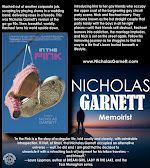


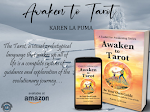
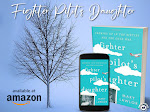
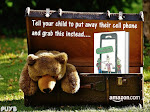



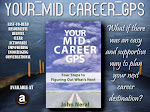
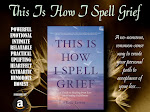
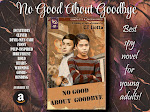


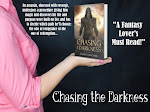
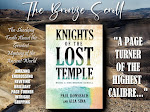




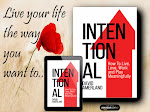
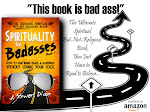




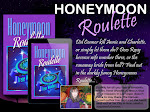
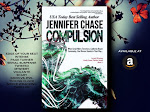

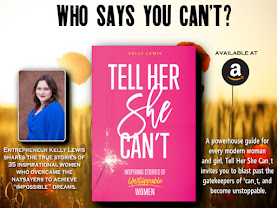










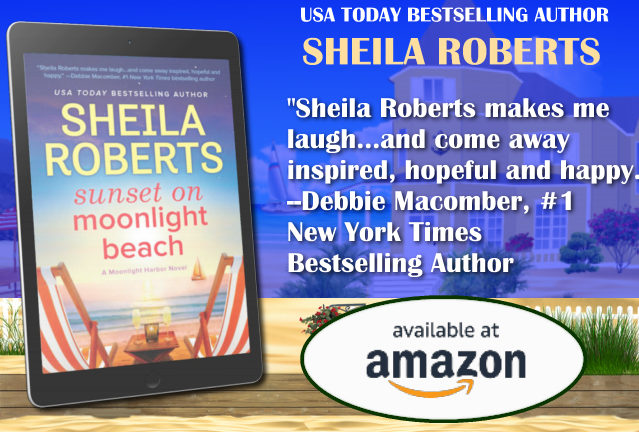



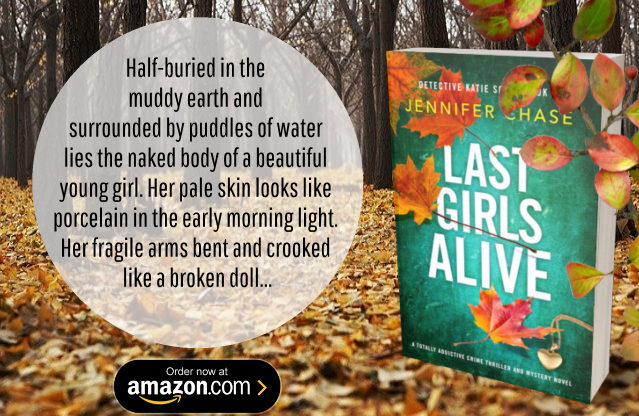
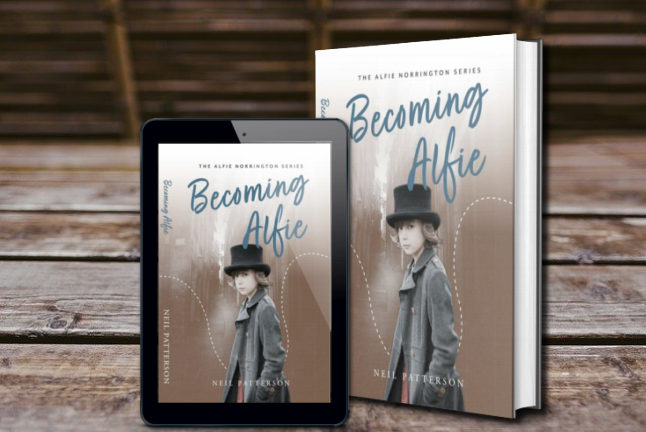


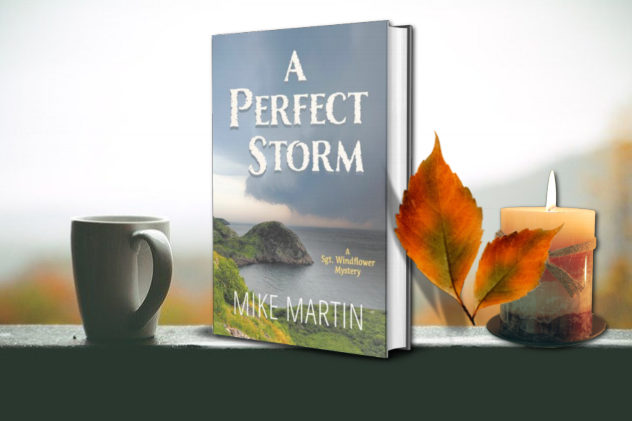
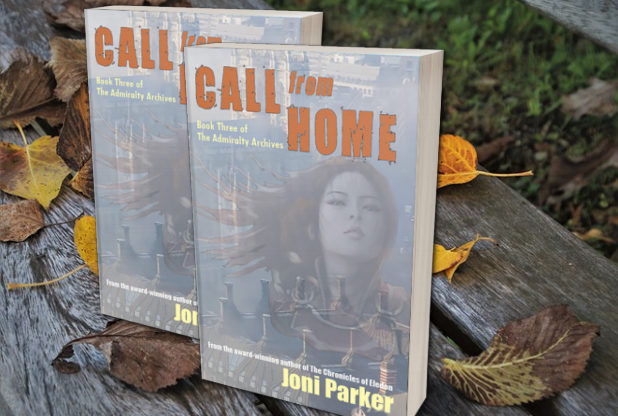
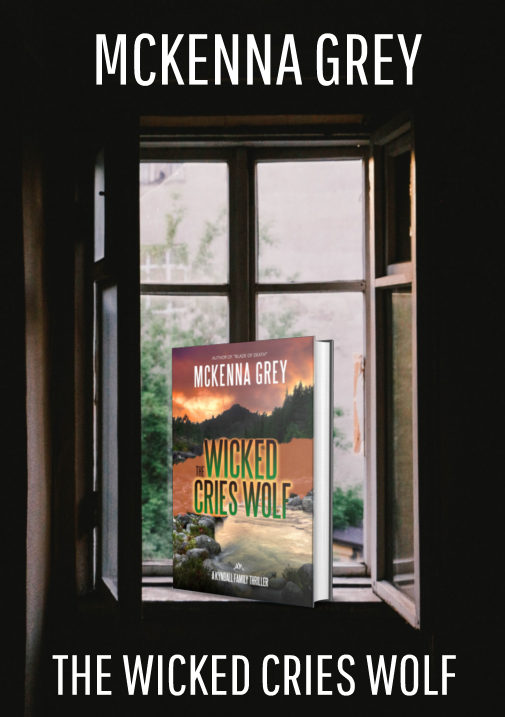


Leave a Comment